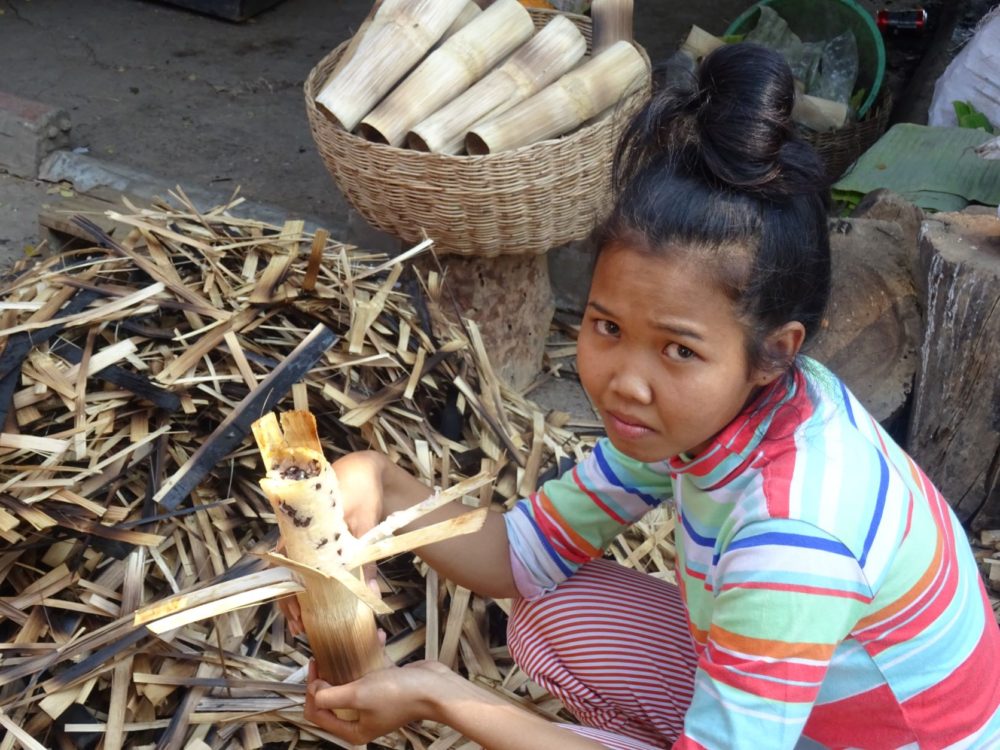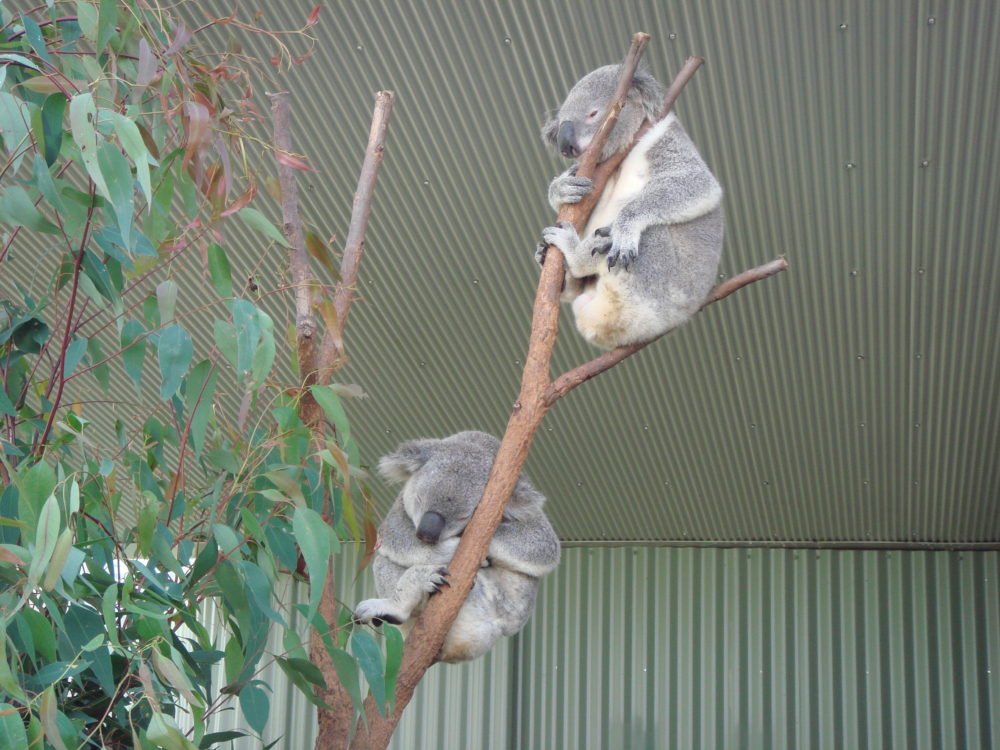By Neena Bhandari
Sydney, 15.03.2022 (SciDev.Net): Women possess essential knowledge and skills, particularly at the local level, in the conservation and management of natural resources but have limited say in environmental decision-making, according to a report by UN Women Asia and the Pacific.
The report was published ahead of the 66th Commission on the Status of Women which is focusing on achieving gender equality in the context of climate change, environmental and disaster risk reduction policies and programmes. It says engaging women in these areas is critical to effective climate action.
“Women’s relationship to the environment is different to men’s in several complex but interlocking ways,” says Sarah Knibbs, officer-in-charge at UN Women Asia and the Pacific. “They are more exposed to some of the risks and also have a unique contribution to make to the solutions.”


